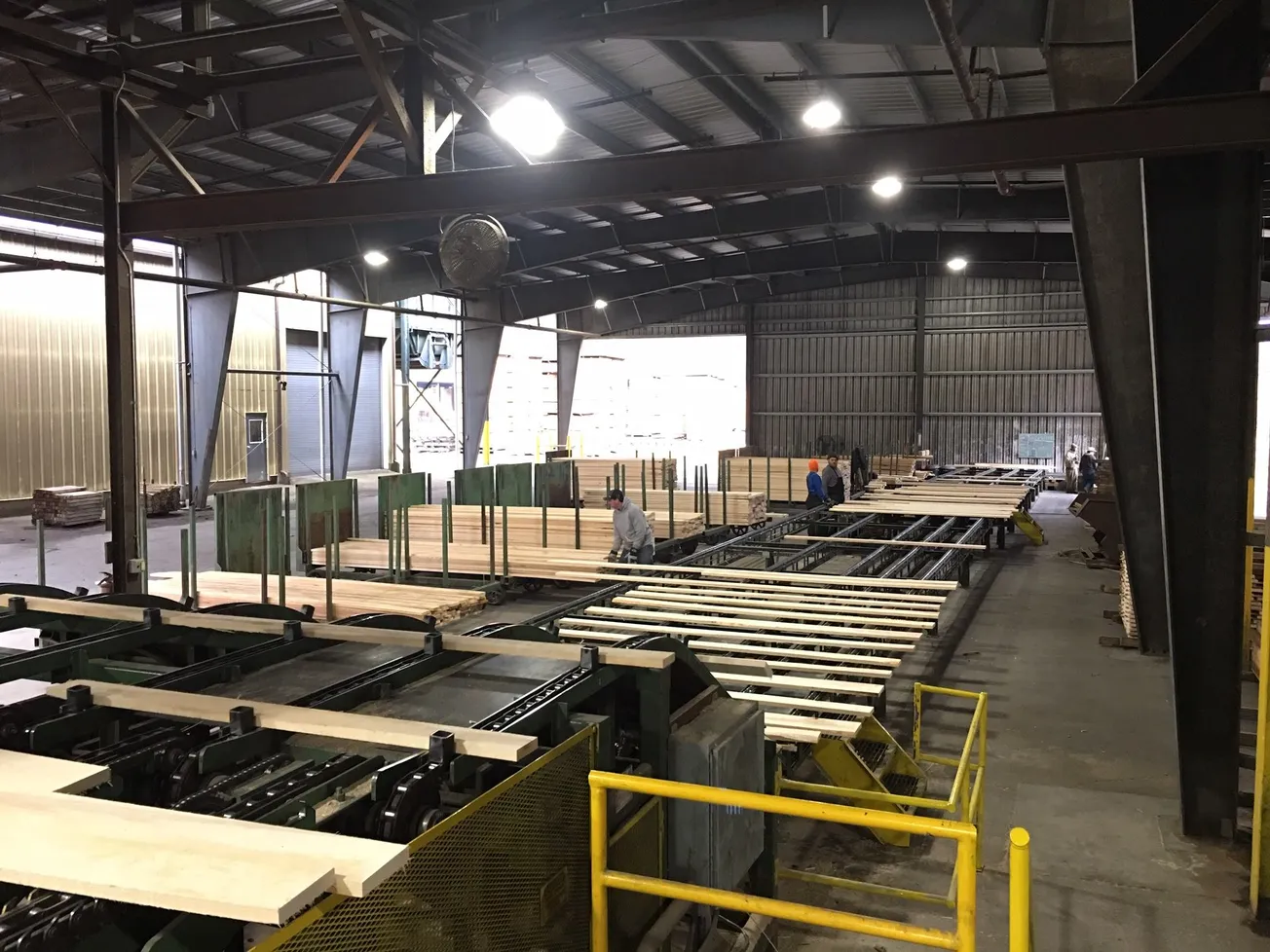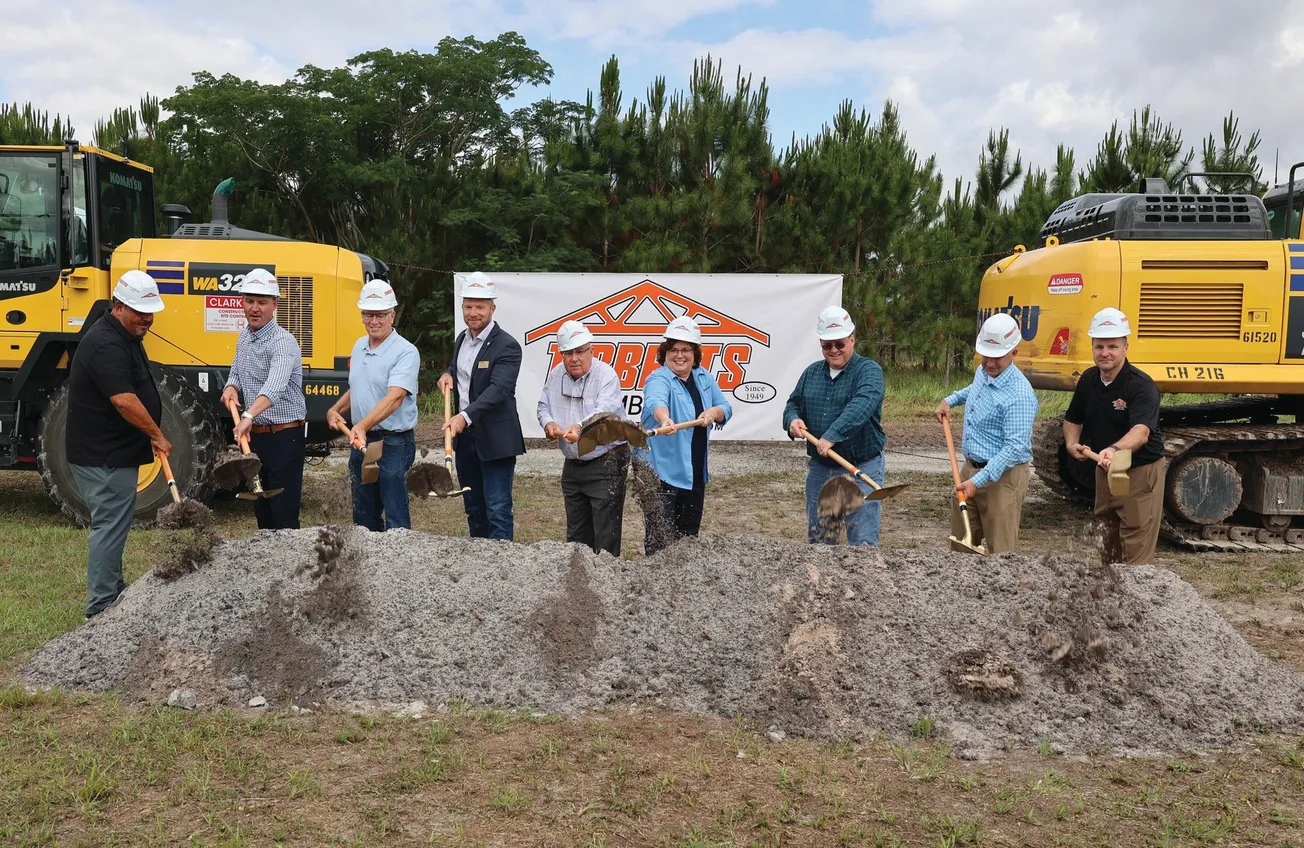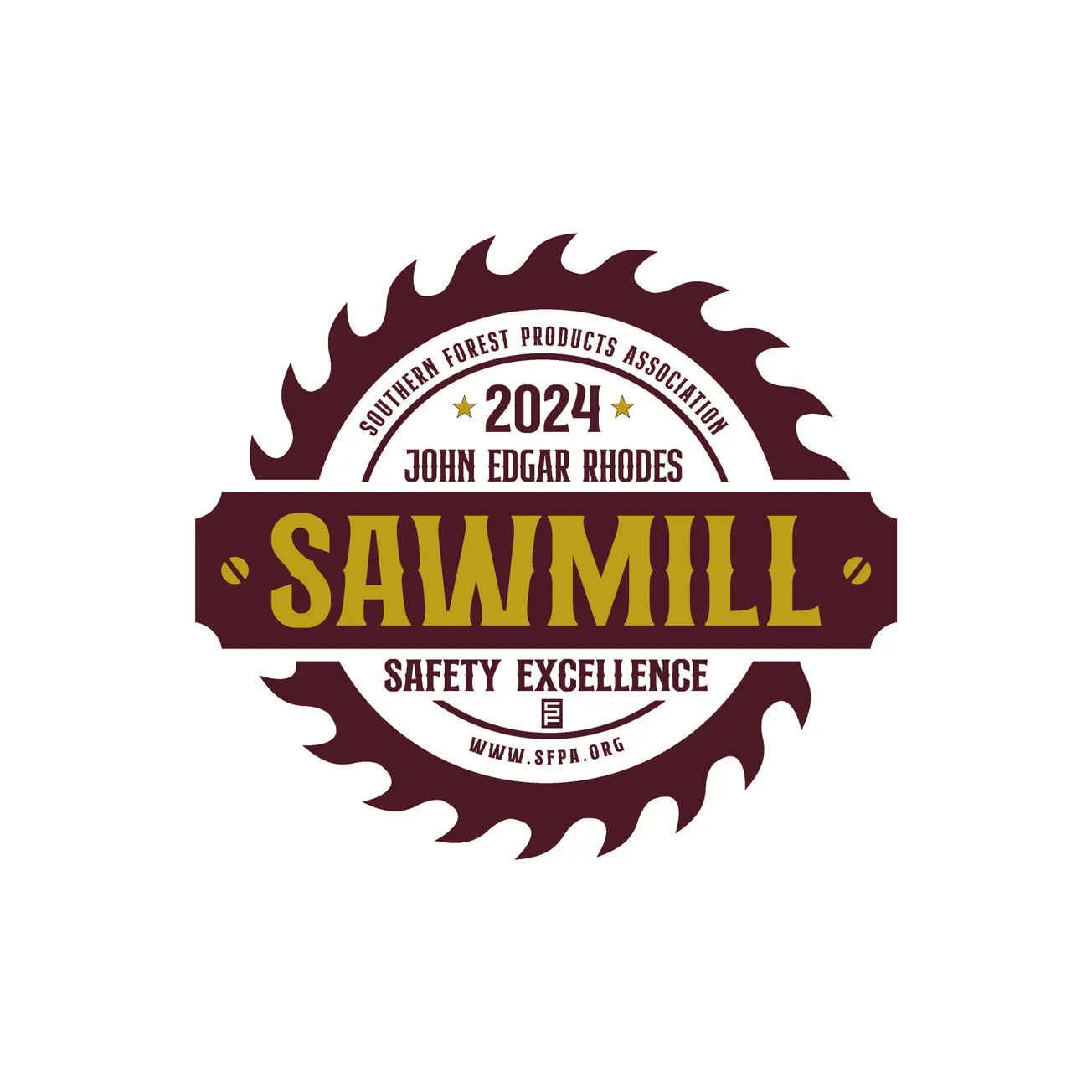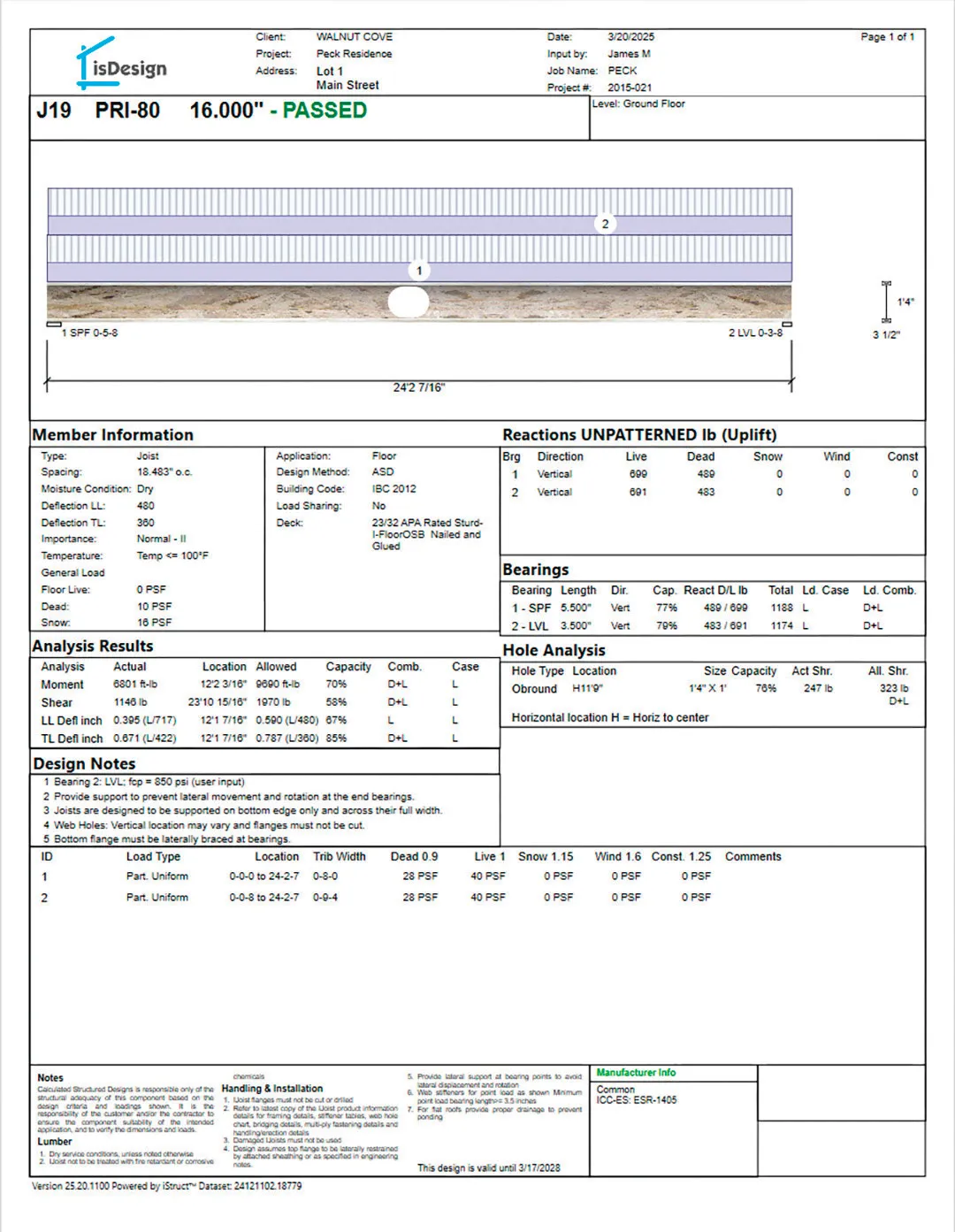Table of Contents
To help people create the home of their dreams, brick-and-mortar home improvement retailers must invest in their websites and web presence. According to the J.D. Power 2019 Home Improvement Retailer Satisfaction Study, 41% of home improvement retailer customers research and/or shop online before making an in-store purchase. That same group of customers also spends more on home improvement products than customers who do not conduct online research, yet many home improvement retailer websites don’t measure up to customer expectations.
This is significant because total sales for home improvement products in 2019 are expected to reach $420 billion, a 5% increase from 2018.
“The proliferation of home improvement-related sites, services and tutorials on the web creates a complex set of challenges and opportunities for brick-and-mortar home improvement retailers,” said Christina Cooley, At Home Intelligence Lead at J.D. Power. “Online retailers do introduce new competition, but when traditional retailers get their online/offline formula right, they are able to really differentiate by offering a level of personalized knowledge and expertise that cannot be replicated in an online-only environment. Many retailers still have work to do to, though, when it comes to creating satisfying online experiences.”
Other key findings of the study:
Web becomes critical conduit to in-store sales: Among all home improvement retailer customers, 41% say they have either researched or shopped online prior to visiting a store. What’s more, customers who shop or research online prior to visiting a retail location spend an average of $620 more per year than those who just visit the store.
Retailer websites could learn from social sharing sites: While home improvement retailer websites are the most popular sources of information for online shoppers, overall satisfaction for those who visit a home improvement retailer website is 821 (on a 1,000-point scale), which is lower than those who visit manufacturer websites (832), image and video sharing websites (843) or social networking sites (869).
Yes, you may help me with something: Two minutes is the maximum amount of time for home improvement retailers to provide assistance to customers. When that threshold is met, there is an increase of 67 points on overall customer satisfaction. However, retailers are providing assistance within two minutes for just 26% of customers, a decline of two percentage points from last year’s study.
Wide variability in staff knowledge: One of the key differentiators among top-performing retailers is the ability of the staff to consistently and thoroughly explain product features.
Study rankings: Ace Hardware and True Value ranked highest in a tie among home improvement retailers, with a score of 840, followed by Lowe’s (834), Menards (833), and Home Depot (823).
The study measured customer satisfaction with retailers by examining five factors: merchandise, price, sales and promotions, staff and service, and store facility.






